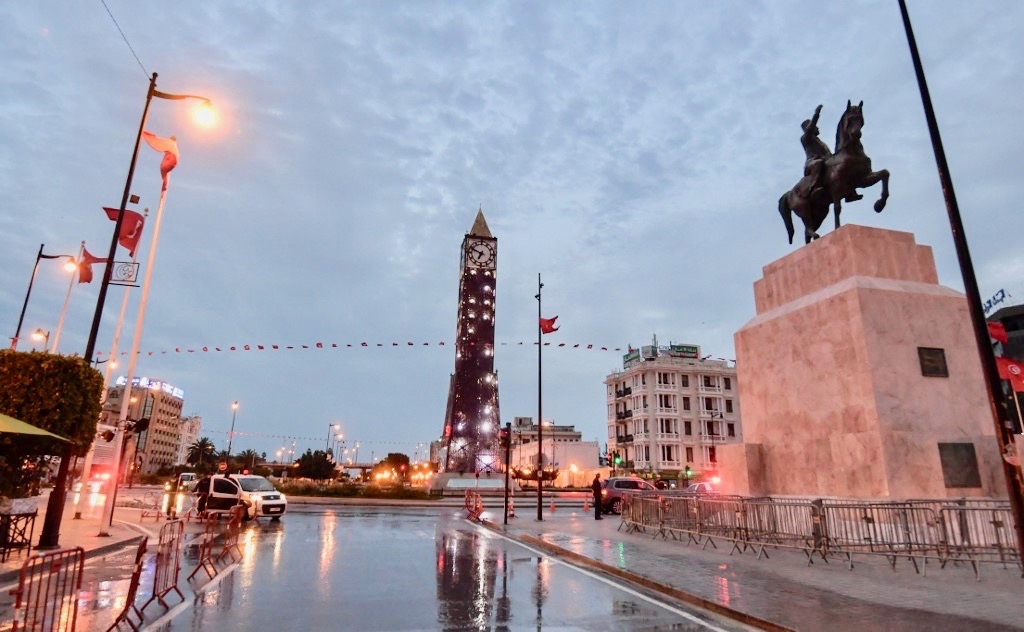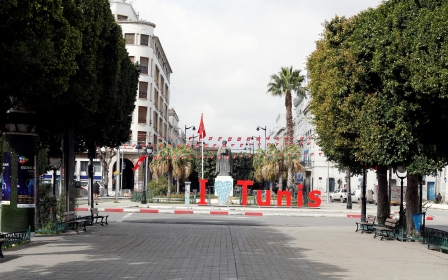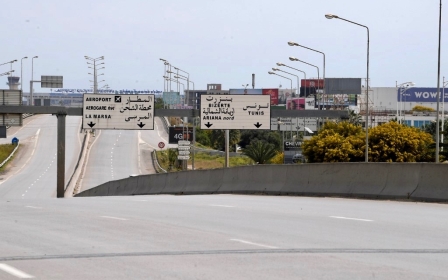Coronavirus: Tunisia parliament grants prime minister special powers amid pandemic

Tunisia's parliament on Saturday gave the prime minister special powers for two months to allow for the accelerated adoption of measures to combat the spread of the novel coronavirus and its economic fallout.
Prime Minister Elyes Fakhfakh will be able to issue decrees without referring to the legislature in an effort to battle the pandemic in the North African country, according to a text adopted by parliament.
The decision was passed by 178 members of the 217-strong parliament during a plenary session, part of which was conducted by video-conference.
"It was necessary because the executive power must take the reins quickly to amend the law on finance for example, or modify penal procedures in order to enforce the lockdown," said Nessryne Jelalia, head of the Al Bawsala NGO, which monitors parliamentary decisions.
"One must see, however, if the measure will be proportional and necessary," she told AFP.
The move comes as the government has imposed a series of tough measures to curb the novel coronavirus spread since early March when the first case emerged in the country.
Tunisia has been under a curfew since 17 March and authorities imposed stricter lockdown orders on 22 March that will remain in place until 19 April.
Covid-19 has claimed 19 lives in Tunisia so far among 553 confirmed cases of the disease.
Saturday's decision was based on Article 17 of Tunisia's constitution, which allows parliament to delegate powers to the head of government for a period of time that does not exceed two months.
The leftist Democratic Current party, which holds 22 seats in the parliament, said in a statement that activating the article "aims at granting the government the necessary flexibility to put in place mechanisms to confront the spread of the coronavirus".
Lawmakers had initially agreed to limit the special powers to one month before voting to allow the prime minister a free hand for the full two months.
The text adopted on Saturday states that when the two months are up, the decrees issued by the prime minister would be submitted to parliament for ratification.
In February, Fakhfakh, a former finance minister, was sworn in after winning a parliamentary vote of confidence that ended four months of post-election deadlock amid political wrangling.
His government has announced a financial package that includes aid for the poor as well as tax and loan repayment holidays. Fakhfakh has said the government may impose exceptional taxes on companies to cover this if the government cannot find the money elsewhere, according to Reuters.
Tunisia, which embraced democracy after a 2011 uprising to overthrow veteran autocrat Zine el-Abidine Ben Ali, has struggled to develop its economy over the past decade.
An International Monetary Fund loan programme expires this month and Finance Minister Nizar Yaich told Reuters in March that the government had begun negotiations with the IMF on a new agreement.
Middle East Eye delivers independent and unrivalled coverage and analysis of the Middle East, North Africa and beyond. To learn more about republishing this content and the associated fees, please fill out this form. More about MEE can be found here.





